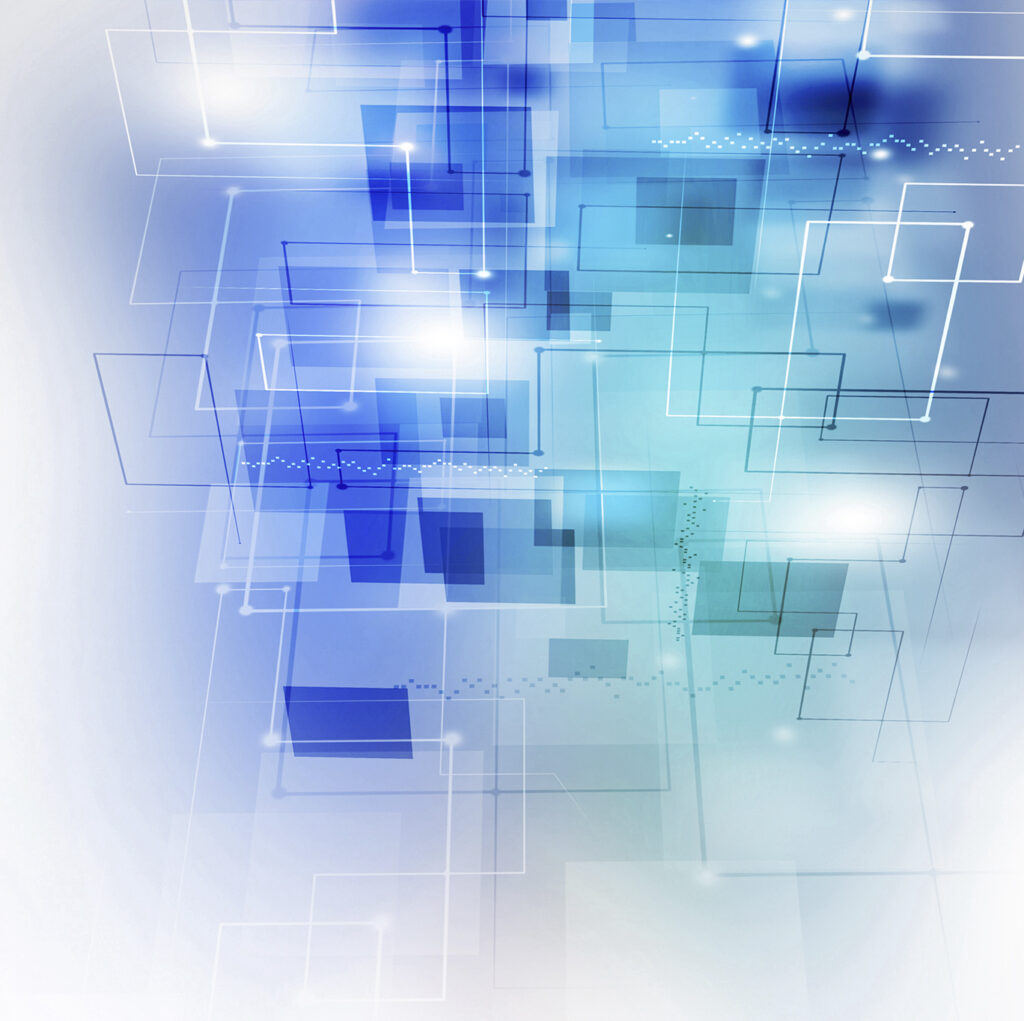Artificial Intelligence: the humanization of a new species
By Ricardo Palomo
Professor and Dean at Universidad CEU San Pablo
Rector's Delegate for Digital Transformation

The popular GPT Chat celebrated the first anniversary of its worldwide launch on November 30, 2023. It is the ephemeris of a viral phenomenon that reached the public after years of development and is revolutionizing the way machines work for or with humans.
The irruption of this technological singularity seems to question the perception of what the role of humanity will be as the development of the still incipient era of artificial intelligence advances and, logically, it deepens the evident concern that the exponential technological revolution causes in the performance of many professions and, also, in its social and ethical perspective.
A considerable part of society feels a kind of technological vertigo due to the extraordinary acceleration of technological innovation; accentuated with AI, by the sensation of the future loss of supremacy of the human species.
For centuries, machines were inventions that could do many things faster and better than humans, and which could also free us from physical or intellectual effort (as a simple calculator does). From the crude but efficient flint technology of our remote ancestors to today's ability to explore outer space or even to destroy ourselves, millennia of technological progress have passed, but humans have always held supremacy as a species, based on their intellect and their consequent ability to think and seek solutions to climb each of the evolutionary rungs and to solve the problems that threatened their survival or well-being.
Over the centuries we have become "augmented" human beings capable of moving faster or flying higher and farther than any other animal species. We are a hegemonic species without competition in the known universe thanks to technological advances. Perhaps now, with the advent of a new non-animal species created by ourselves, we need to domesticate it in order to channel its contribution in favor of the very essence of the human species, within a framework of responsibility towards people and, also, towards the planet.
The AI is now a puppy with overflowing energy and potential that must be educated or trained to respect people and things. It will have to assume the authority of its "master" guided by rules and principles agreed upon by society through the regulation of countries and institutions.
In this context, educational institutions are already living with students who are increasingly "augmented" by the technological resources at their disposal and, particularly, by the irruption of AI in their study and learning routines. Educators suddenly appreciate the power of AI acting as the perfect personal assistant to students, relativizing their human intellectual effort and questioning what and how to learn, how it can be evaluated and how it will affect their future professions.
Ethics in the use of AI comes to the forefront and demands rules or commitments, which must be based on a society that should be well educated in values, with criteria and with the capacity for critical judgment; but today's society is fragile in these supports and this results in the complexity of asking a machine to have a more ethical performance than that of its creators.
AI is a singularity not without controversy because, if in the past mechanization was of a manufacturing nature and in mechanical tasks with little human added value, it now adds an exceptional impact on cognitive tasks and, particularly, on white-collar professions.
At this crossroads, perhaps employees should worry less about being replaced by AI and more about being replaced by other humans who know how to take advantage of it. We will see some jobs destroyed, others created and many transformed in the coming years. Thus, not having new generations ready to meet the demand for the jobs of the future could prove dire for the future of any nation.
The educational system is already orienting its methodology and content to contribute favorably to the rapid digital transition; but it is a heavy ship that requires time to maneuver and adapt its course. Thus, universities are facing the irruption of AI with an unequal perspective, although the vast majority already share this vision of renewal in the promotion of human skills and the stimulation of critical judgment and, at the same time, training in digital competencies.
The role of educational institutions in the new era of artificial intelligence is to reinforce the individual in what truly distinguishes him or her as a person, also acting as a catalyst in the observation and application of ethics in AI.
This state of affairs leads to a distinction between the techno-pessimistic or dystopian trend and the techno-optimistic or utopian trend. The former emphasizes that change is too rapid and does not allow sufficient time for a sustainable transition or for the transfer of employees from one sector to another. Techno-optimism, on the other hand, points to the improved quality of working life and the creation of more jobs related to digitalization than those destroyed by its impact. Between the two views, it does seem certain that jobs will disappear and that many will be transformed; that employees with more training and skills will adapt better to change; and that more interdisciplinary training will be required. All this may lead to an optimistic view in the long term, but a pessimistic one during the transition. However, proof of the capacity to adapt is that the average unemployment rates of a century ago are similar to those of today, despite the obvious technological progress and the fact that the world population is seven times larger, sothe future of work should be seen as an opportunity for new job profiles, with technological and relational skills to the detriment of administrative or ordinary ones.
Training people, training a society in times of digital transition and the new arrival of artificial intelligence, requires effort and commitment from its two main components: the trainers and those to be trained; because the future of work is heading towards a necessary relationship of hybrid complementarity that will discover an infinite number of new jobs, in addition to enhancing and valuing the essential qualities of human beings based on their true creative, emotional, relational and interpretative intelligence and knowing how to make AI perform its work in an ethical framework under parameters of human domain.

Ricardo Palomo, Professor and Dean at Universidad CEU San Pablo and Delegate of the Rector for Digital Transformation
Ricardo Palomo is Professor of Financial Economics, Dean of the CEU San Pablo University and Rector's Delegate for Digital Transformation. He directs the Metaverse R&D Community Lab CEU-ACM, the Blockchain & DLT Lab and the Chair of Innovation, Technology and Digital Transition at MESIAS. He holds different positions in AECA, Alastria Blockchain Ecosystem and Observatory of the Social Impact of Ethics in Artificial Intelligence (OdiseIA). He is Vice President of the FIFED Foundation and Member of the Observatory of Justice and Competitiveness of the Autonomous Community of Madrid.

